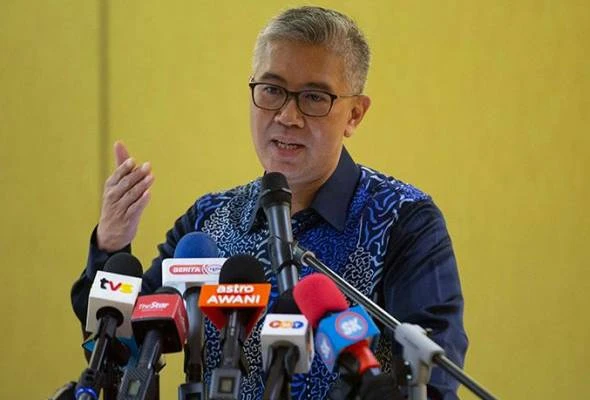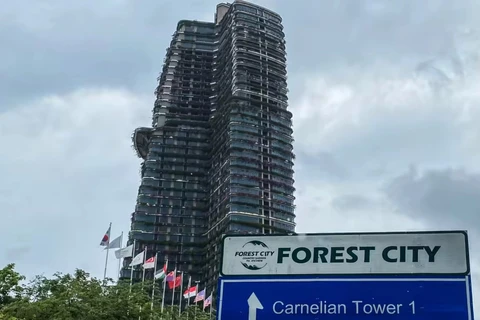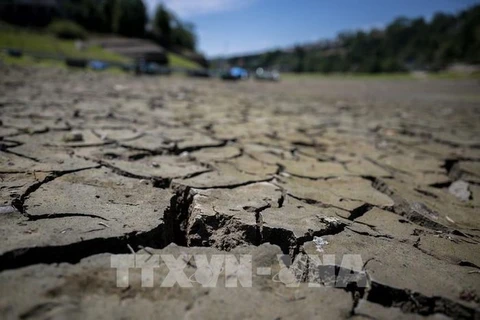
Kuala Lumpur (VNA) – Malaysia has unveiled a new Circular Economy Policy Framework to transform its industrial landscape and support sustainable development.
The announcement was made by Malaysian Minister of Investment, Trade, and Industry Tengku Zafrul at the Sustainable Petrochemical Development Conference held on September 26 in Kuala Lumpur.
The framework introduces the Extended Producer Responsibility (EPR) strategy, which mandates that local manufacturers take responsibility for their products throughout their entire lifecycle. This approach is designed to encourage sustainable production and consumption, ultimately reducing the environmental impact of industries reliant on fossil fuels.
By adopting these practices, Malaysia aims to boost the industrial sector’s contribution to the country's GDP from the current 24% while simultaneously cutting carbon dioxide and greenhouse gas emissions, currently making up 20% of the nation's reported climate impact.
Aligned with the country’s broader sustainable development goals, the new policy complements key initiatives such as the National Industrial Master Plan 2030 (NIMP 2030), the National Energy Transition Roadmap (NETR), the National Industrial ESG Framework (i-ESG), and the Green Investment Strategy (GIS).
It is expected to attract investment in emerging sectors like remanufacturing, industrial waste management, and advanced recycling, opening new business opportunities and fostering the growth of a green economy.
The minister emphasised the urgency of climate action, warning that Southeast Asia can lose up to 11% of its GDP by the end of the century if climate change is not addressed.
As the incoming ASEAN Chair in 2025, Malaysia plans to spearhead regional efforts to enhance climate resilience and access to sustainable financing, ensuring a coordinated approach to achieving a low-carbon future for the region./.






















